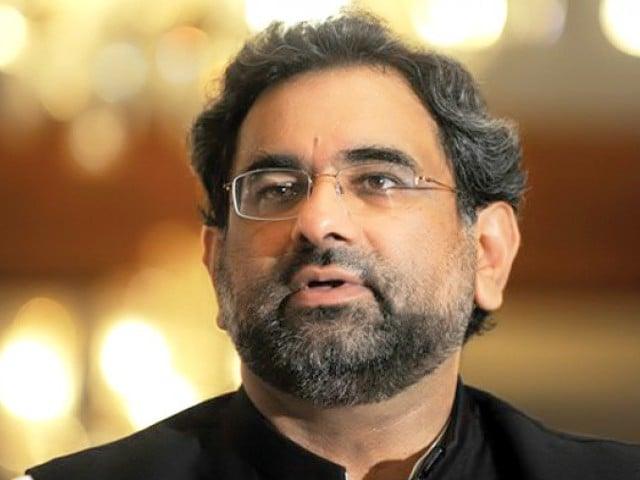Dera Ismail Khan:
Former Prime Minister Shahid Khaqan Abbasi said dialogue with Afghanistan was not up to the government of Khyber-Pakhtunkhwa, saying foreign relations were the exclusive domain of the State.
He warned that direct intervention by provincial authorities could complicate rather than solve sensitive problems.
Speaking during a visit to Dera Ismail Khan, the former Prime Minister stressed that international diplomacy must always be carried out at the level of the state. “This is a question for the Federation, not the provinces,” he added.
Abbasi painted a dark image of the current state of the country, noting that there were economic, political and security crises, adding that the only viable path to follow lies in democratic continuity and political stability.
“We are not part of any protest movement at this stage,” he said, referring to the current opposition position. “Our main objective is to bring all the opposition parties to a single platform.”
He admitted that, like the government, the opposition, too, remained fragmented in the past year. “Without a united opposition, no significant political movement can take shape,” said Abbasi.
He added that consultations with various parties were underway to overcome internal divisions and promoting collective political thinking.
His statement comes as the opposition’s push to shake the political landscape is taking steam. However, without the muscle of rue de Jui-F, the alliance would be left grabbing a united front.
Despite several conference cycles, the chief of Jui-F Maulana Fazlur Rehman remains not committed, citing concerns concerning the leadership structure of PTI in the absence of the former imprisoned president Imran Khan.
As indicated above, Maulana asked for clear insurance on the decision -making authority before supporting the opposition movement.
Earlier Friday, Shahid Khaqan Abbasi and the main politician Mehtab Abbasi visited the residence of Jamiat Ulema-E-Islam (JUI-F) Maulana Fazlur Rehman.
Reunion, held in a cordial atmosphere, was mainly to extend Eid’s greetings to the religious and veteran political leader.
During the visit, the leaders embarked on a discussion on the national political situation in force. The conversation would have addressed the main challenges that the country faces and the role of opposition parties in the current landscape.
Responding to a question about electricity prices, Abbasi, speaking to Di Khan, also rejected the idea that the recent drop in prices reflected an improvement in government performance.
“The drop in power prices is purely due to the drop in world oil prices, not local governance,” he said. “What is necessary is a lasting and long -term energy policy.”




